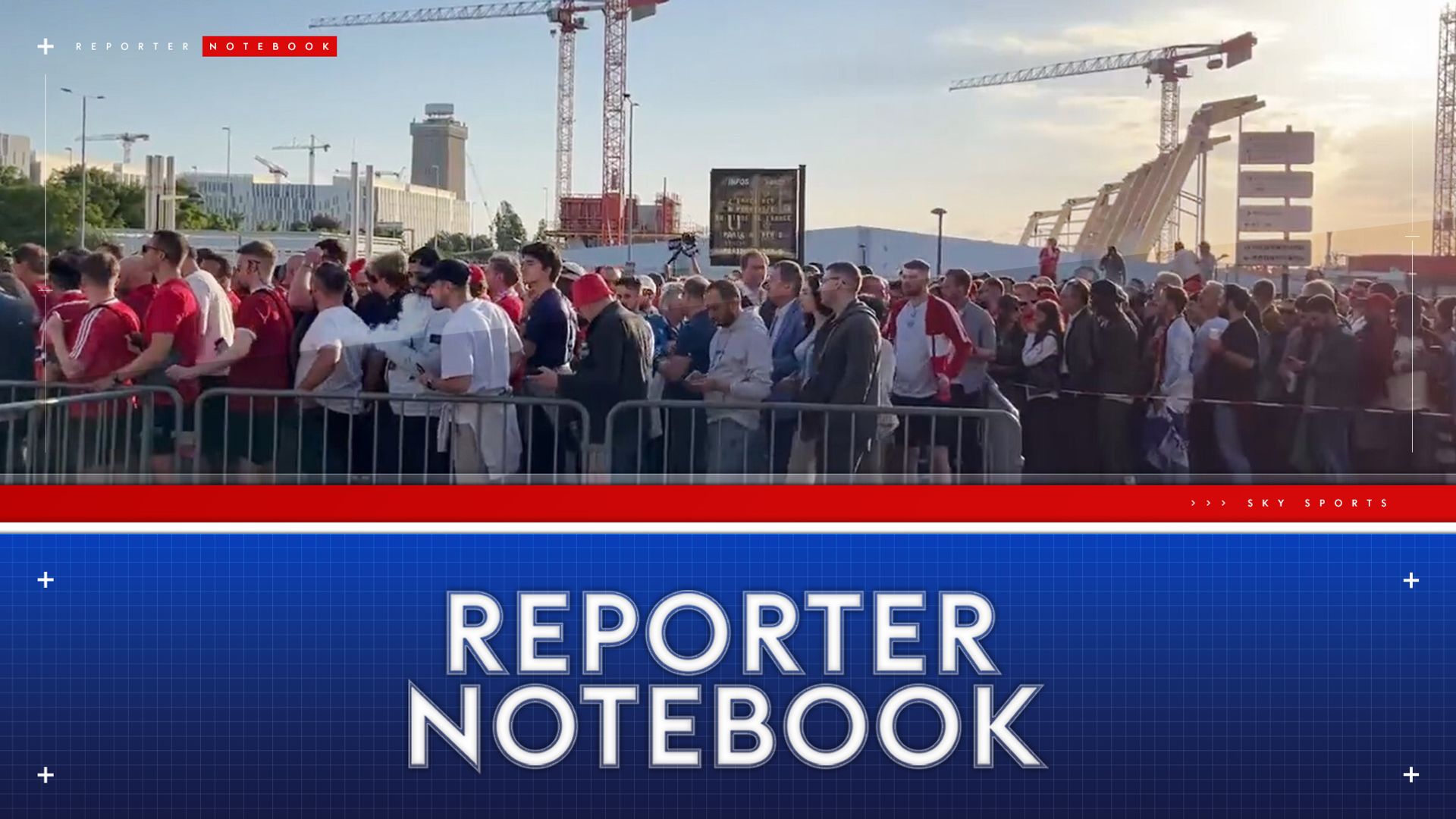Incarcerees Have the Right to Vote, But Where Are Their Ballots?
Misinformation and miles of red tape permeate the penal system, where people with the right to vote often don’t know their rights or encounter daunting hurdles to do so.
Nationwide, most of the roughly 746,000 people in local jails are eligible to vote but, due to the nine states that prevent people in jail from casting absentee ballots to the widespread confusion among those in detention about their voting eligibility, criminal justice activists say there are many barriers to ballot access for those behind bars, reports Pew Stateline. In Wisconsin, for example, voting rights groups found that while just over half the sheriffs said they had policies in place to encourage jail-based voting, many inmates encountered multiple hurdles including the states voter ID laws. Wisconsin does not permit a jail ID as an acceptable form of identification to vote. People in jail who want to register to vote or request an absentee ballot must ask corrections personnel to make a copy of their confiscated driver’s license or other state-issued ID.
In New York City, the Legal Aid Society earlier this year lambasted City Hall, the Department of Correction and the state Board of Elections for failing to distribute voter registration information in the city’s jails before last month’s mayoral primary. Misinformation around voting rights is rampant among people in the criminal justice system, said Brian Harrington, 29, who was released from prison in Illinois last April after 13 years of incarceration. Some people awaiting trial in county jails wrongly assume they can’t vote, he said, while others in prison incorrectly think they’ll never have the right to vote after they are released. Twenty-one states, including Illinois, reinstate voting rights for people with felony convictions after they leave prison. But people with felony convictions lose their voting rights indefinitely in 11 states, while in 16 other states their voting rights are restored only after they complete parole, probation or all fines are paid. People never lose their voting rights in D.C., Maine and Vermont.

 Landwebs
Landwebs 

















/cdn.vox-cdn.com/uploads/chorus_asset/file/24430706/elon_musk_twitter_for_you.png)

